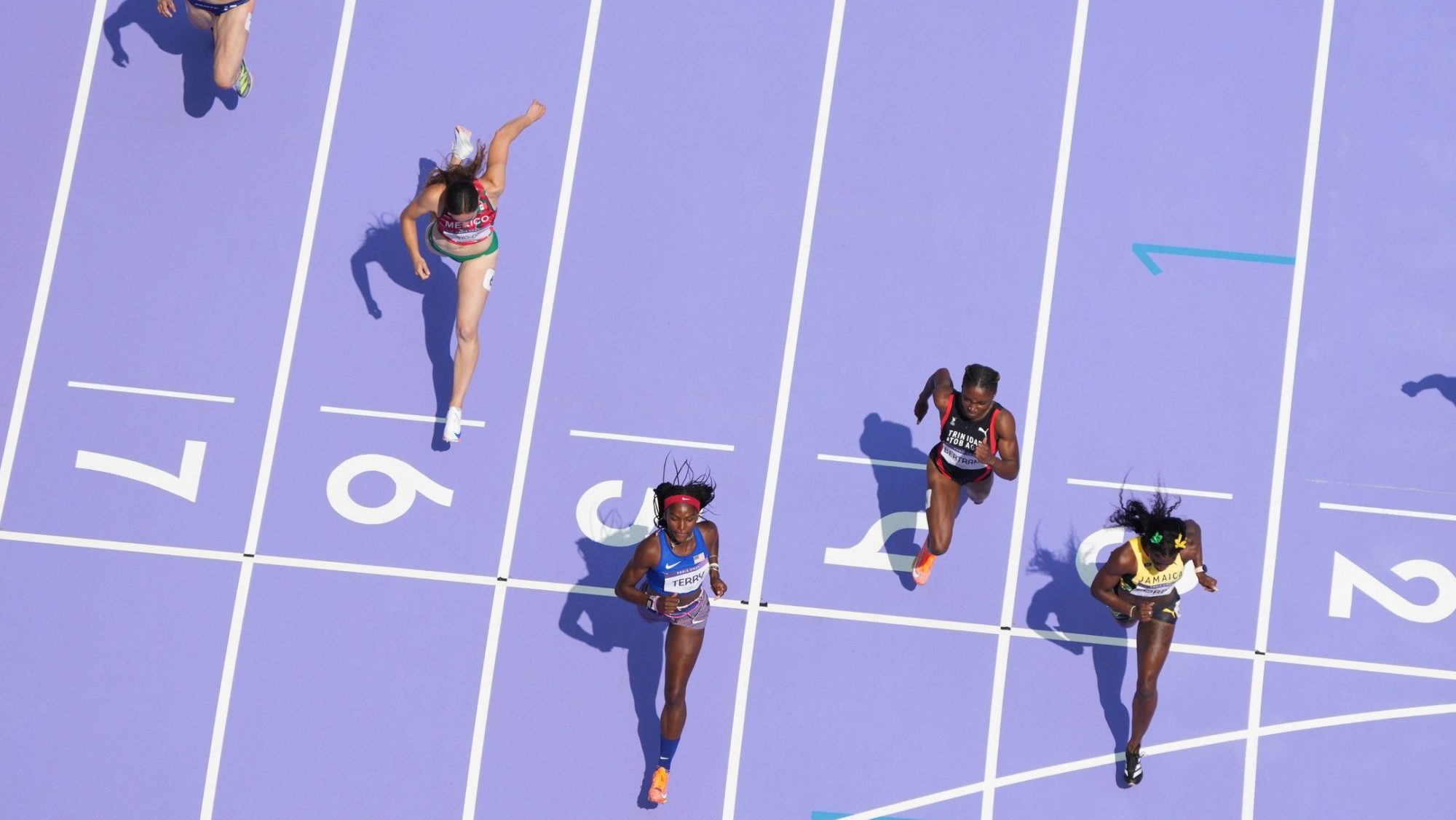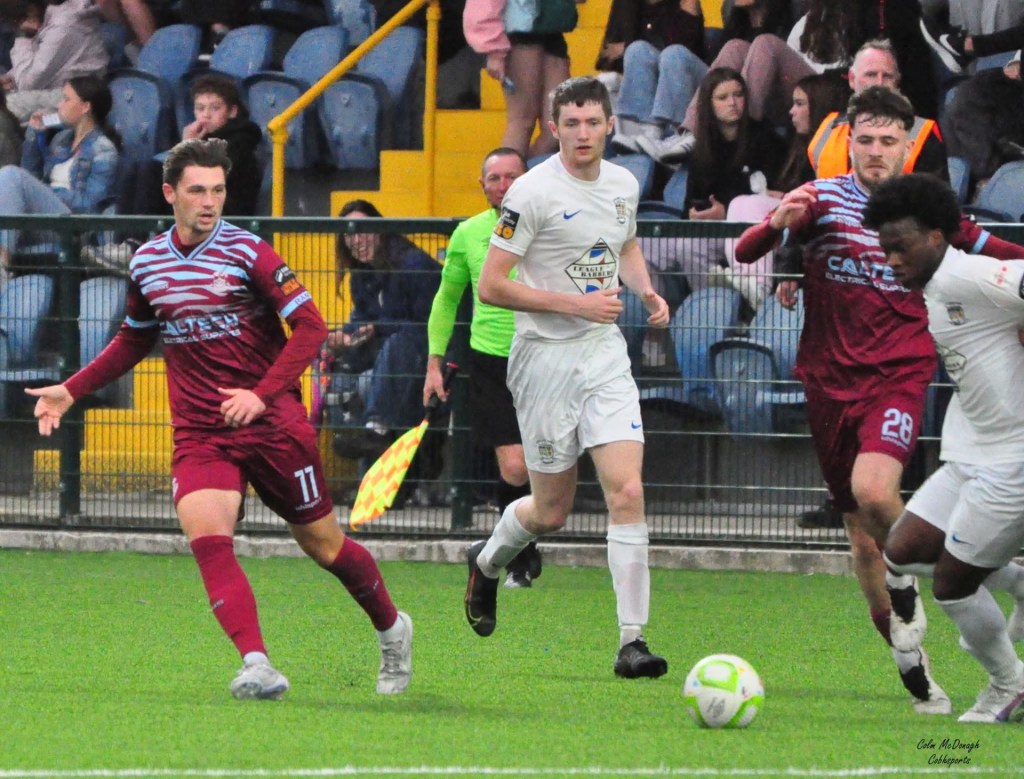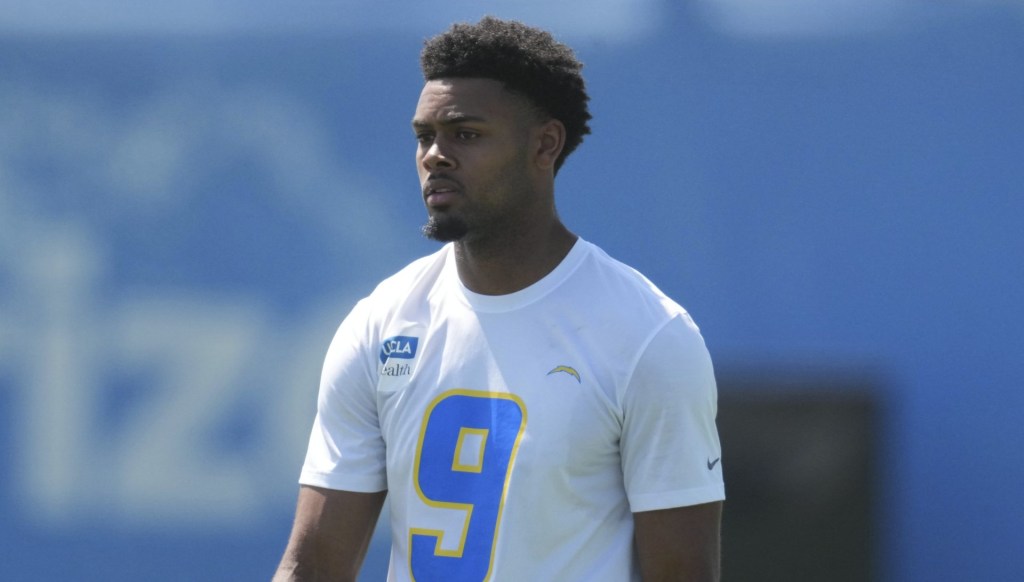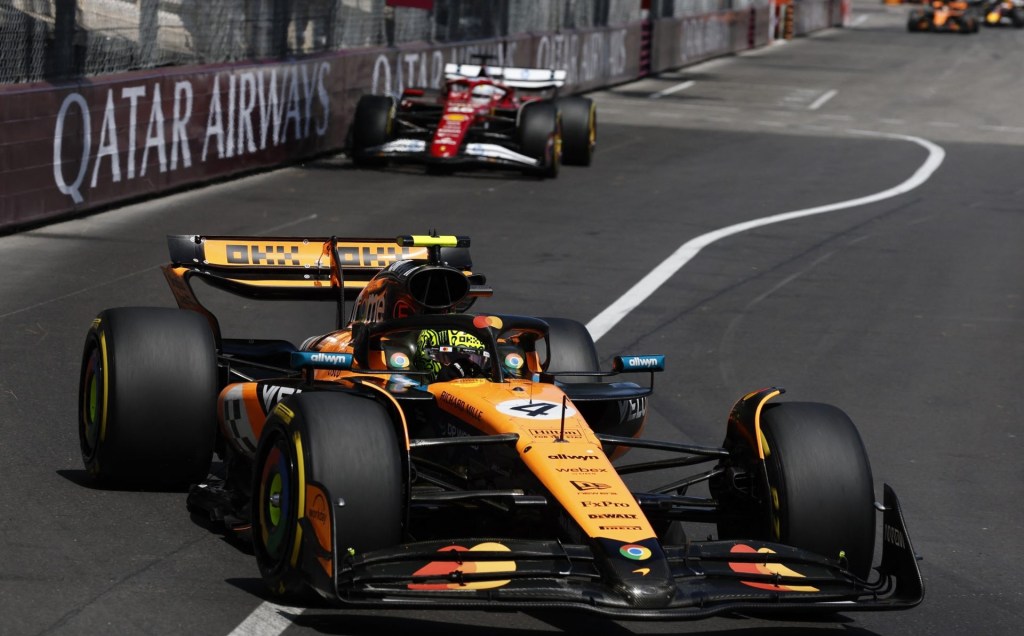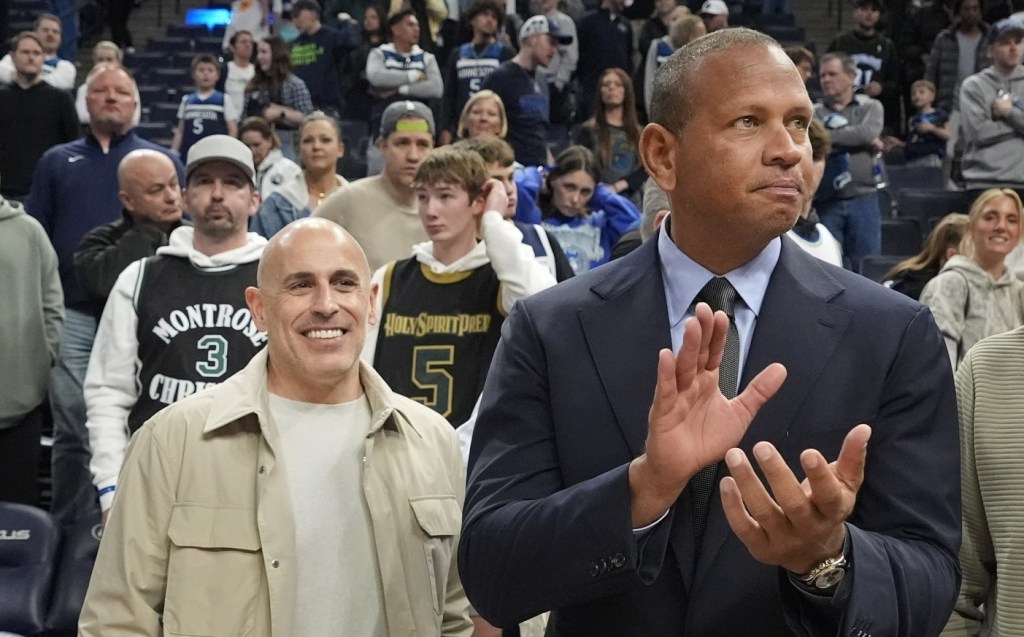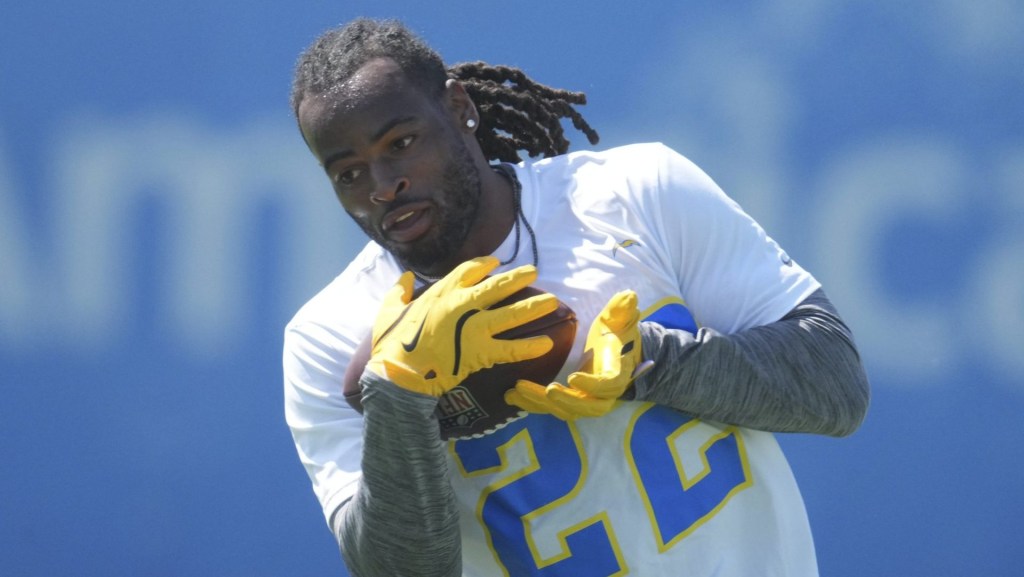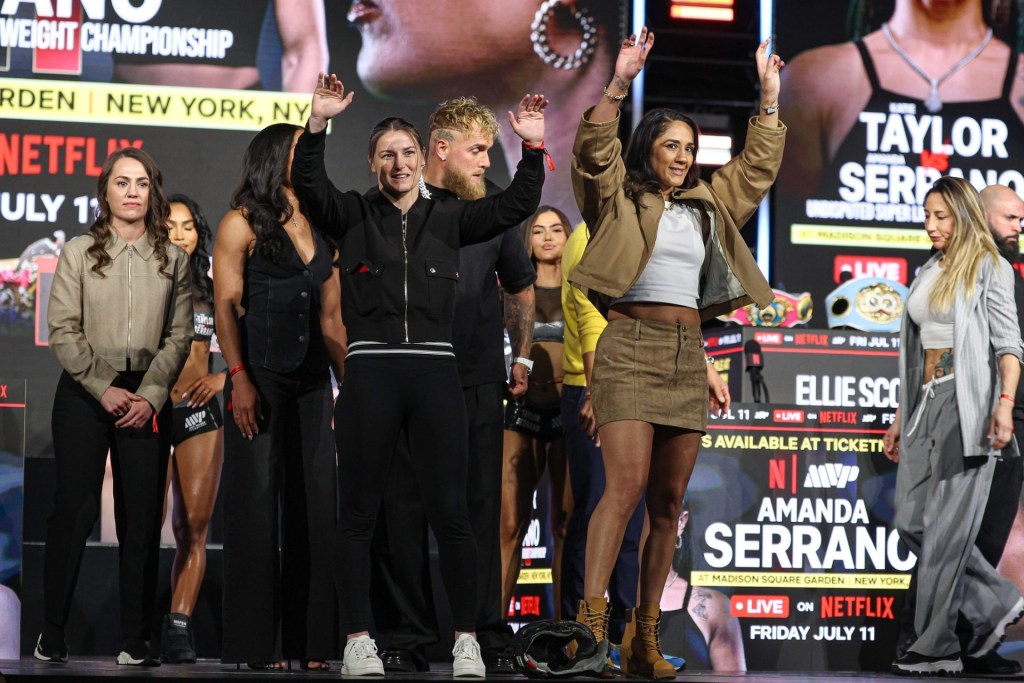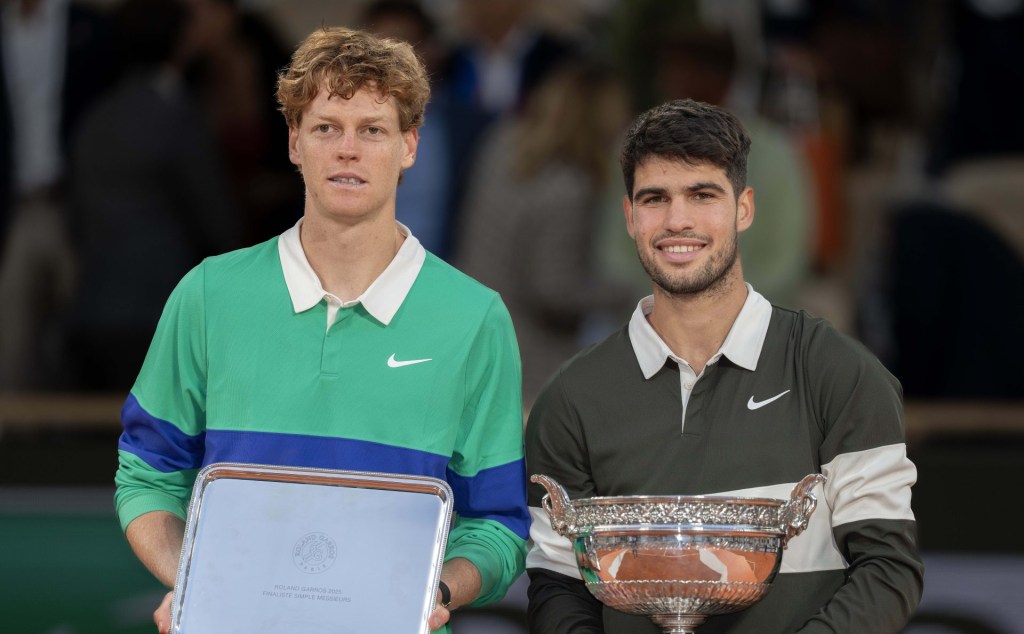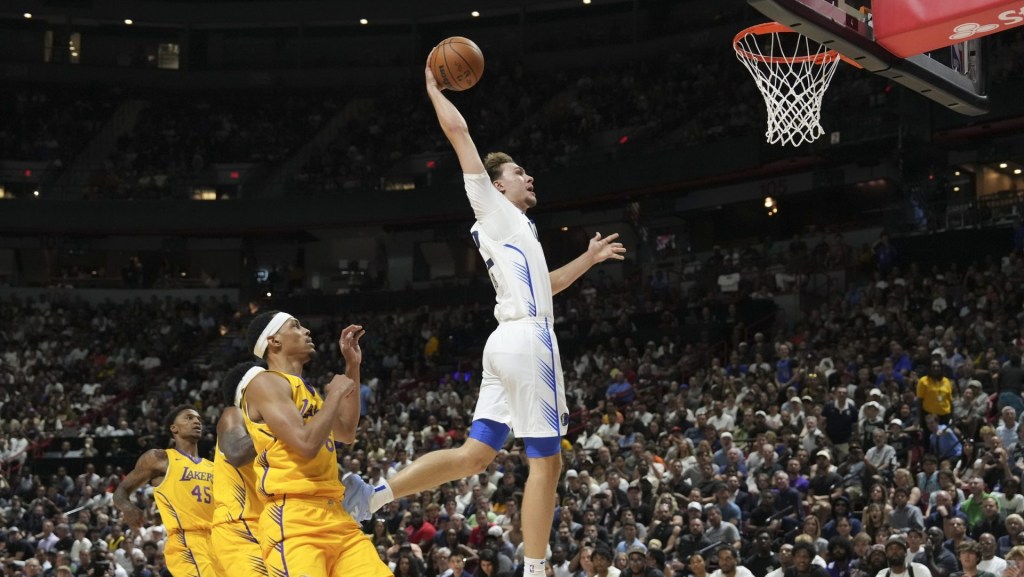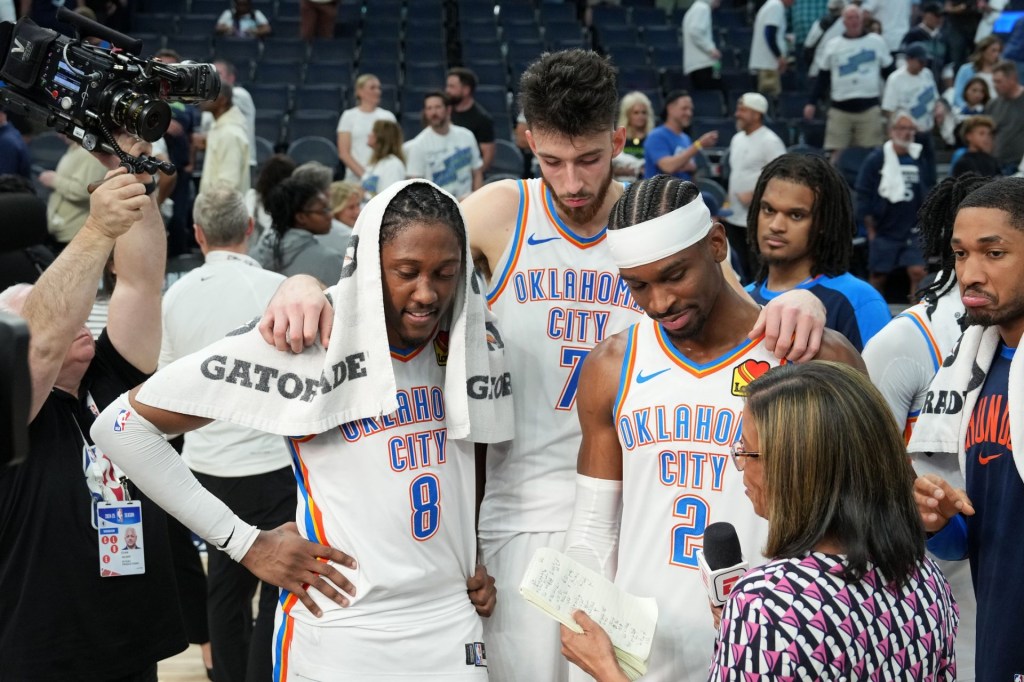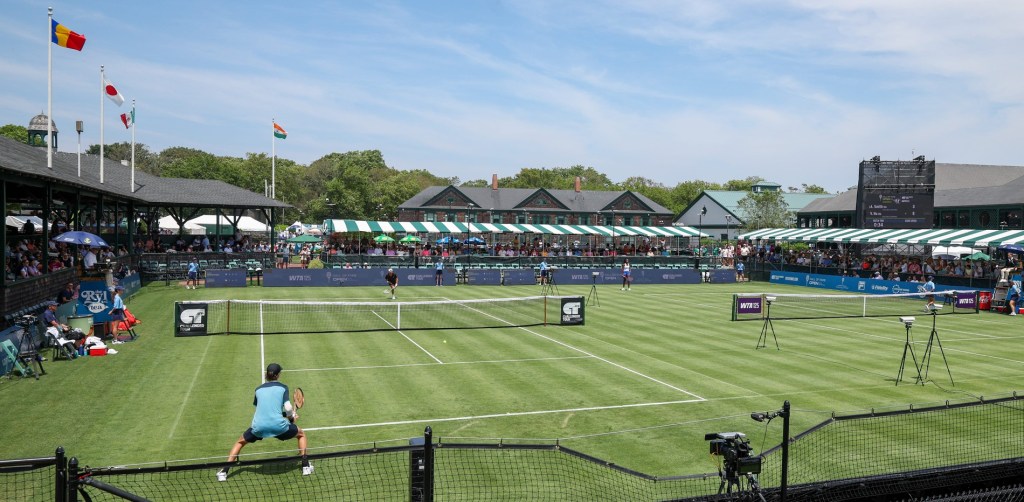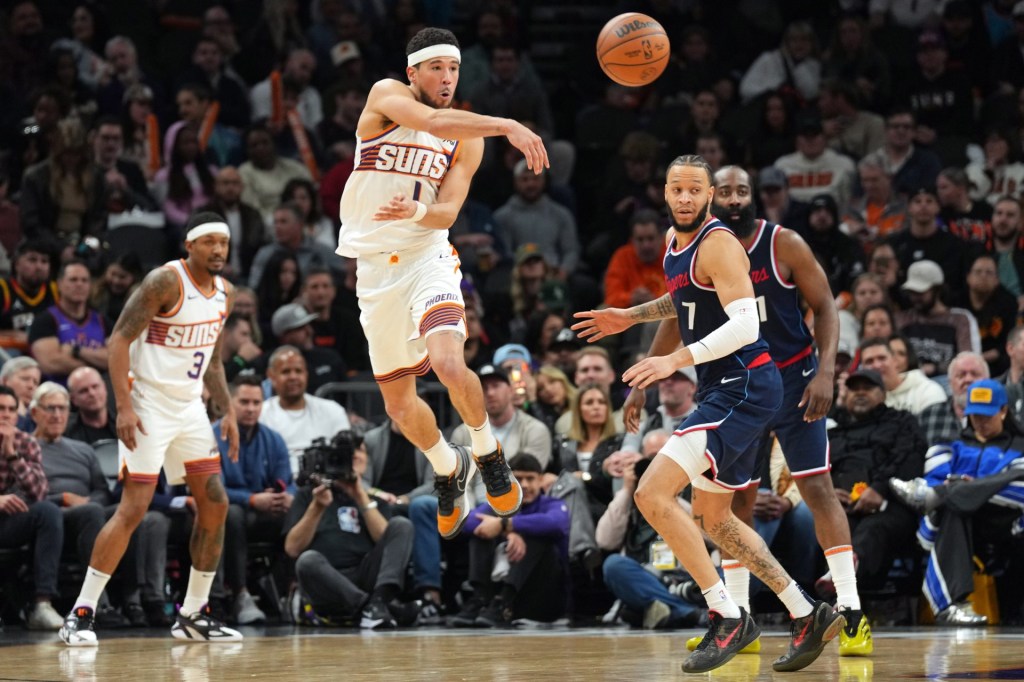PARIS — By almost any measure, Andre De Grasse’s chosen career path has paid off extremely well.
The Canadian sprinter, 29, owns a gold medal from the Tokyo Olympics, where he won the 200 meters. And perhaps fewer professional athletes can claim, with De Grasse’s level of legitimacy, that when he settles into the starting blocks at the Paris Olympics, “I have a whole country behind me that believes I can win.”
But there is one measure where De Grasse feels his profession lags: earning power.
“We’ve lost a lot of money in this sport,” De Grasse tells Front Office Sports. “I always hear about the old days with the other [track and field athletes] and they would say, ‘We had the Golden League, we had this, we were making this.’ And it’s like, what happened in those years? Why can’t we get back to that?”
The pursuit of more—and better—paydays makes the Paris Olympics unlike any before it. De Grasse won’t only be chasing a second consecutive gold, but also a $50,000 bonus from the sport’s global governing body for winning it. Those payouts to track and field’s gold medalists, first announced in April, mark the first time in Olympic history that a sport’s global federation has directly compensated its medalists.
Many of those athletes teed up to earn major bonuses in Paris—just a small sliver—are already financially stable. De Grasse’s first pro contract was worth more than $11 million; the face of hurdling world-record holder Sydney McLaughlin-Levrone is plastered on advertising campaigns around the French capital; and reigning 100-meter world champion Noah Lyles signed a contract extension with Adidas in the spring that is said to be the most lucrative for a track athlete since Usain Bolt.
But most track and field athletes barely scrape by, even at the professional level. The sport’s most prestigious circuit, the Diamond League, pays $10,000 to its winners—and just $500 for eighth place. The golden payouts represent a significant opportunity in a profession where there are few.
U.S. discus thrower Veronica Fraley posted Thursday on social media that she could not pay her month’s rent. Trevor Bassitt, the 400-meter hurdler who has represented the U.S. at the past two world championships (winning one bronze) and these Olympics, has done so without a shoe-company sponsor. Middle-distance runner Eric Holt earned a shoe contract with Puma in June after the lengths he went to keep running went viral; his parents cover his phone bill, and he babysits for extra cash.
Sebastian Coe, president of World Athletics, who twice won gold medals in distance running, acknowledged receiving pushback over the payments from some of the other 32 sports being contested in Paris, but maintains they were “the right decision.”
At a press conference in Paris on Thursday, Coe said he was “really surprised” at any blowback to paying athletes directly. “I find nothing particularly strange about it,” he said.
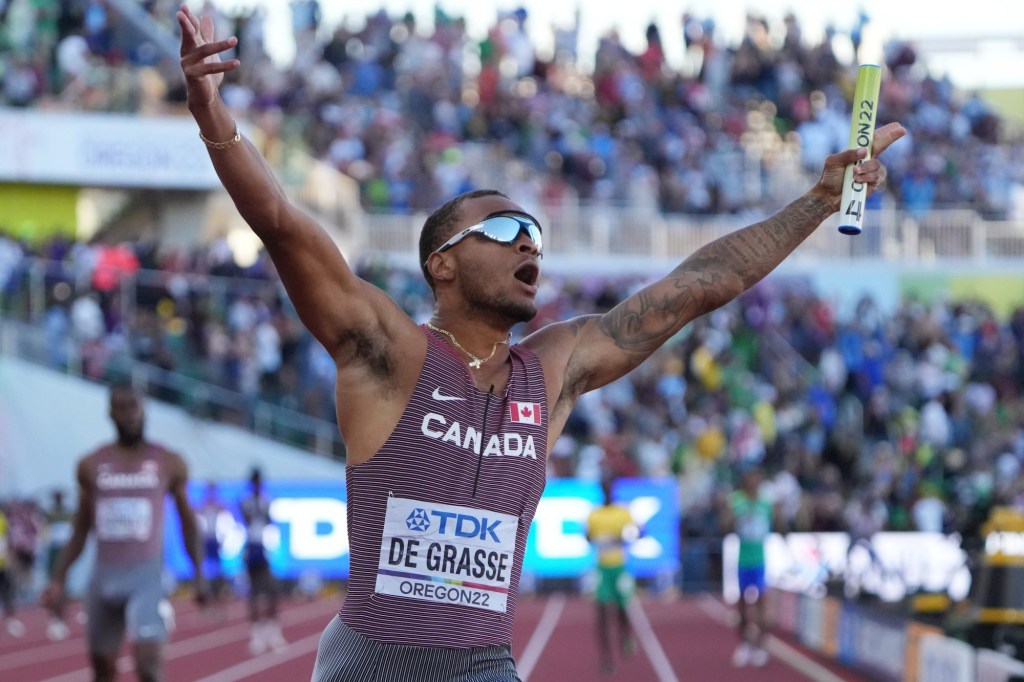
What makes the payments unique is that while individual countries have long compensated Olympians for medal-worthy success, a sport’s global governing body has not. It was why Thomas Bach, the president of the International Olympic Committee and the most prominent critic, described the federation’s decision as having “broke with a 128-year tradition,” as he told reporters in May.
By adding that World Athletics “should focus its funding on supporting athletes at the other end of the spectrum,” Bach effectively suggested the governing body had misplaced its funding priorities and was growing the gap between the countries and athletes with the most, and those with the least.
Without naming Bach at the press conference, Jon Ridgeon, World Athletics’ chief executive, said that such concerns “couldn’t be further from the truth,” adding that World Athletics had spent a combined $50 million toward development in the last four years.
Only gold medalists will cash in here, with relay teams and any athletes who share a gold splitting the $50,000. (Athletes in field events tying for gold is not unheard of.) Ridgeon said World Athletics intends to pay silver and bronze medalists, too, beginning with the 2028 Olympics in Los Angeles.
World Athletics describes its actions as essentially revenue sharing as well as business as usual; it’s the Olympic part that’s new. The IOC was scheduled to pay World Athletics $2.4 million as part of an allocation that global federations receive every four years; that amount is now being rerouted toward the athletes. World Athletics has long paid medalists at the world championships meets it operates: $24 million in prize money combined throughout the past four years.
“We just felt that actually our highest-profile event should be part of that,” said Ridgeon.
U.S. 400-meter hurdler Rai Benjamin, who will attempt to win his first gold medal in one of the most competitive events of the entire games, called the bonuses “amazing” progress, if overdue. “Working so hard to come here and in previous years not being compensated for the hard work, or not seeing the interest for rewarding athletes, was just kind of [a] sad thing,” he told FOS.
Some bureaucrats are angry; some athletes are thrilled. And yet, somehow, a few true gold medal contenders had no idea the payments were happening.
Jamaican sprinter Shericka Jackson’s eyes went wide when told about them this week, saying she wasn’t aware. Neither was American mile record-holder Yared Nuguse.
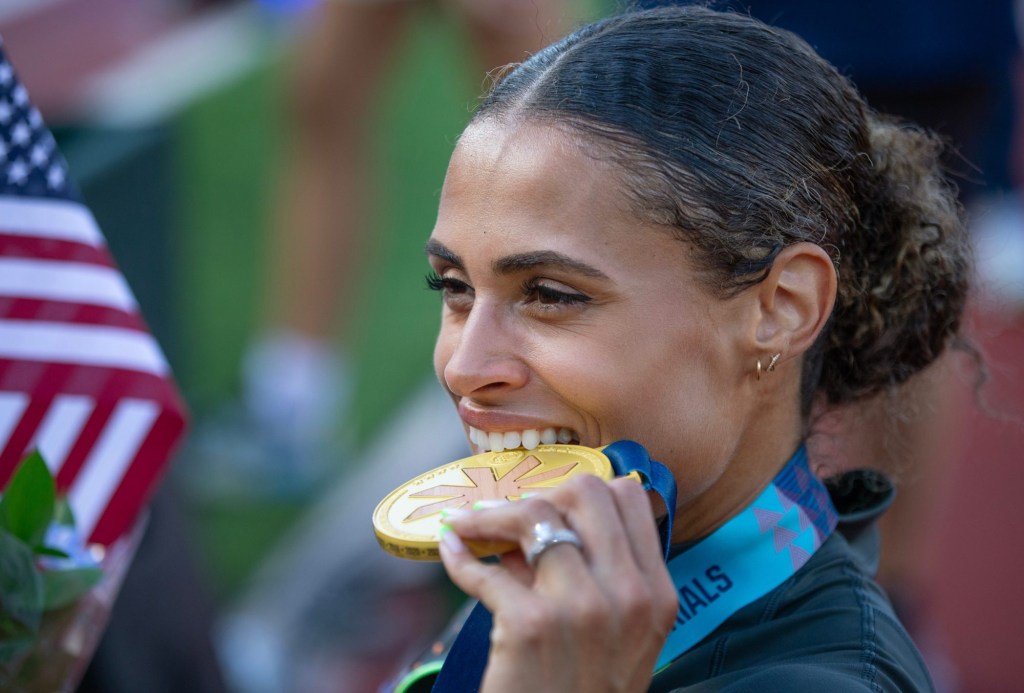
“I personally did not realize the difference,” Nuguse tells FOS. “I thought at Olympics, [athletes] also got paid money for winning. It doesn’t really matter either way. I think the medal kind of speaks for itself a lot of the time. Of course I think athletes enjoy being compensated for what we do, especially at the most-televised sports event in the entire world.”
The medal payments are just one part of a growing effort to make the sport more sustainable and accessible for athletes. Unlike major sports in the U.S., track and field athletes do not belong to a union, and there is no collective bargaining agreement that defines such distinctions as a salary floor, or even who counts as a full-fledged professional.
Money from private investors has begun trickling in. Michael Johnson’s four-meet Grand Slam Track league, which begins in 2025, has promised $12 million in prize money for its first season. A bracket-style, head-to-head competition called Duæl Track has promised a $1 million prize pool. A women-only September meet co-organized by sprinter Gabby Thomas and Alexis Ohanian will deliver $60,000 first-place bonuses. (Ohanian, on social media, has also pledged to help Fraley, the discus thrower, cover her rent, and promised to add $60,000 to the gold medal bonuses to any winner competing in his September meet.)
Adding the gold medal payments as another payday opportunity is a good thing, says Marcell Jacobs, the Italian who won 100-meter gold in Tokyo, because otherwise, “the money is not a lot. … You take the money maybe from the sponsor and other things, but you see the tennis player, every tournament they take a lot of money. I think [the payouts] are important. It’s one of the big steps, and I think we can improve a lot. But we start on that.”
The first golden payouts began Thursday, to the winners of the race-walking competitions. De Grasse’s chase for gold in both the 100 and 200 meters, and the new reward that comes with it, began Saturday.
“There obviously is more money in the sport,” De Grasse told FOS. “We’ve just got to figure out how to find it or where it’s going and make sure that it’s actually going to the athletes.”
Editors’ note: The writer has worked as a freelancer for World Athletics.
